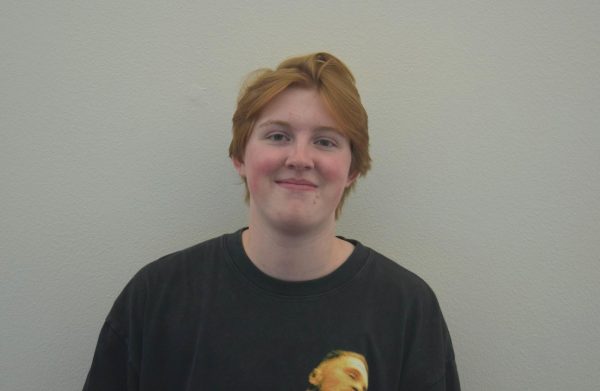Denverites Show Up to Protest Roe v. Wade Overturning
Many believe that rallies are a place for people to get angry and show how mad they are – and the Bans Off Our Bodies rally did just that. Emotions were high, people were brave, mad, and ready for change.
May 29, 2022
Immediately following the leak of Supreme Court Justice Samuel A. Alito Jr.’s statement that contained his claim that Roe v. Wade, the Supreme Court decision that legalized abortion, should be overturned, pro-choice organizations sprang to action. Planned Parenthood, an organization that works to provide healthcare and equity opportunities across the country, worked to set up protests against the possible overturning.
On Saturday, May 14, protesters gathered in front of the Colorado State Capitol building to share their voices about the possibility of Roe v. Wade being overturned. Over one million people attended protests across the country that same day.
“The reality is, our constitutional right to abortion is in crisis, and access to care is growing further out of reach,” Planned Parenthood said over Twitter. “The time to fight for reproductive health and rights is now.”
Both homemade signs and ones provided by Planned Parenthood were carried around the Capitol’s lawn as protesters gained support from passing cars honking their horns, and other protesters gathered in front of the building’s steps to listen to people give speeches.
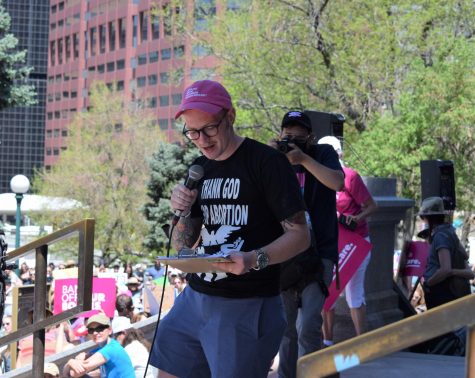
Many of the speakers described how the overturning of Roe v. Wade could have a strong impact on LGBTQ+ communities, low-income communities, and people of color.
Some pointed out that the loss of healthcare access would not just affect cisgender, heterosexual women. It could also cut off abortion access for transgender men, queer women, or non-binary people – anyone who could get pregnant.
In an interview for The Hill, D. Odeja, senior national organizer at the National Center for Transgender Equality, described how being forced to carry a pregnancy could lead to more gender dysphoria for transgender and non-binary people.
“I think in general, forcing anybody to be pregnant is violent,” Odeja said. “[Then] there’s the gender dysphoria that comes with being forced pregnancy upon a person, I think that the thing we want to make clear is that there are trans people who do get pregnant and they need abortion.”
Roe v. Wade’s overturning threatens other existing court precedents as well. Aside from the healthcare ramifications that would occur if Roe was overturned, Alito’s statement could bring the Supreme Court case of Obergefell v. Hodges, the decision that declared bans on same-sex marrige to be unconstitutional, into new danger. Alito claimed that Roe is not rooted in the constitution, and as such should not be in practice. Like Roe, Obergefell is also not included in the constitution, which could lead to the unraveling of protected same-sex marrige.
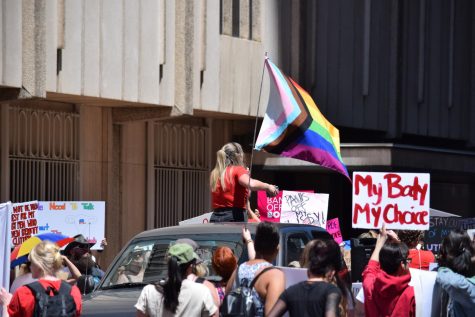
Alongside LGBTQ+ communities, the impact if Roe was overturned would be especially apparent among people of color and low-income communities. These groups are especially vulnerable to becoming pregnant and needing an abortion, and then have a harder time accessing one.
Many people would have to travel into states where abortion is legal to receive the healthcare they needed. But if you’re a low-income worker, than there’s an even smaller chance you’ll be able to travel for an abortion, due to the high cost of both the procedure and the journey.
Caitlin Knowles Myers, an economics professor at Middlebury College, recognizes the disproportionate effect on low-income communities.
“People seeking abortion services are disproportionately poor and are more likely experiencing disruptive life events like losing a job,” Knowles Myers said in a New York Times interview. “It is the most vulnerable of an already vulnerable group that will no longer have access.”
As far as how overturning Roe would affect people of color, the consequences are worse in southern states, as 56% of the population of people of color, as of 2019, reside in the South, according to the Pew Research Center. And the estimated abortion ban would cover the deep South entirely, stretching from Florida all the way to Ohio to the north and Texas to the west. So people of color seeking abortions would frequently either have to travel out of the South and risk financial hardship or take on a dangerous and illegal abortion in their current location.
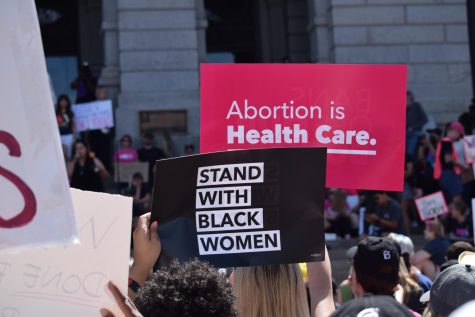
All of these issues that came with the leaked statement were popular topics at the Bans Off Our Bodies rally. Many protesters even brought homemade signs with their ideas scrawled upon them. But another side of the protest was less visible to the massive crowd that had gathered on the lawn.
Midway through the rally, a heated argument ensued between a group of pro-choice protesters and one woman who had been arguing for abortion bans. Reproductive rights have been a touchy subject since even before Roe v Wade was decided in 1973, and that was not different in the rally on May 14.
Protesters chanted the iconic chorus of Steam’s 1969 song “Na Na Hey Hey Kiss Him Goodbye,” focusing on the verse “na-na-na, hey, hey, hey, goodbye,” as they worked to drive the anti-abortion constituents out of the Capitol’s grounds, often belting the lyrics until their voices cracked from the effort.
But having pro-life constituents on the Capitol green was not the only thing people were mad about at the rally.
On May 11, just days after Alito’s statement leaked to the public, a Democrat-led bill that would have codified Roe failed in the senate. The vote was 51-49, with democratic Senator Joe Manchin of West Virginia tipping the scale in favor of the Senate Republicans. The decision sparked even more action at the rally, especially by drawing more attention to the upcoming primary elections to be held in the coming months.
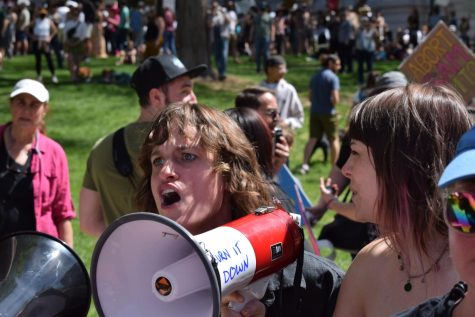
As Planned Parenthood worked to sponsor the Bans Off Our Bodies rallies across the country, they ensured that there would both be speakers, such as Representative Diana DeGette (CD-1), who spoke about how vital it is to vote for pro-choice representatives, as well as information stands at the site of the rallies to help initiate a drive to vote for candidates that would work to uphold Roe.
In addition to electing new representatives, pro-abortion leaders have encouraged everyone to simply keep fighting.
Vice President Kamala Harris encouraged the country to fight for reproductive rights in a speech at the annual gala for Emily’s List, and organization which backs Democratic women running for office who support abortion rights.
“Women’s issues are America’s issues, and democracies cannot be strong if the rights of women are under attack,” Harris said. “So to all here I say, let us fight for our country and for the principles upon which it was founded, and let us fight with everything we have got.”
On May 14, Planned Parenthood worked to create a rally that would spread awareness and encourage people to keep fighting for abortion rights.
Jacqueline Ayers, the senior vice president of policy, organizing, and campaigns for Planned Parenthood for America, spoke at the Emily’s List gala about how important it is for everyone to keep paying attention to the issue.
“I think it’s really important not to glaze over this moment. It is devastating, and we do have to sit with that,” Ayres said. “They’re going after everything. It’s not just abortion, it’s birth control access, it’s marriage equality. This is just really the beginning.”

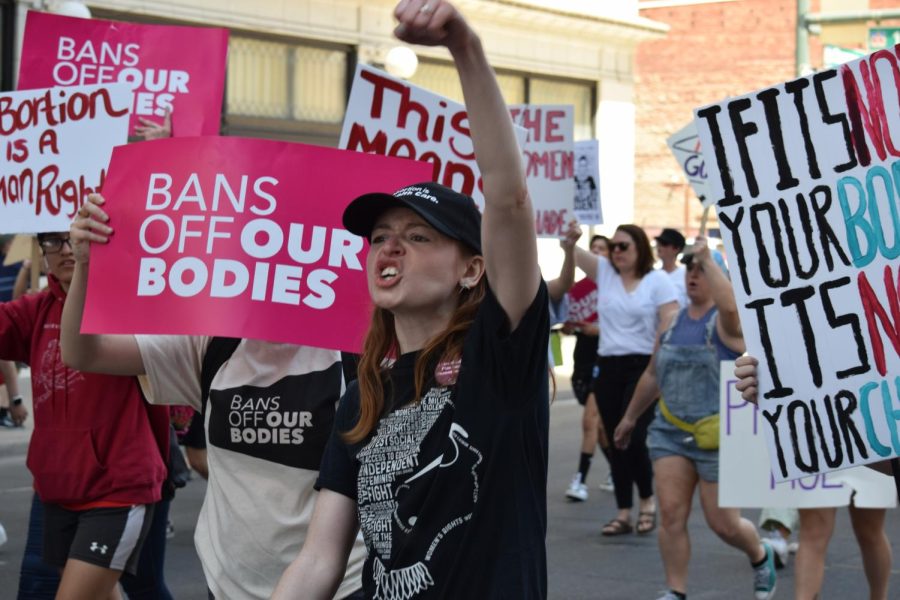
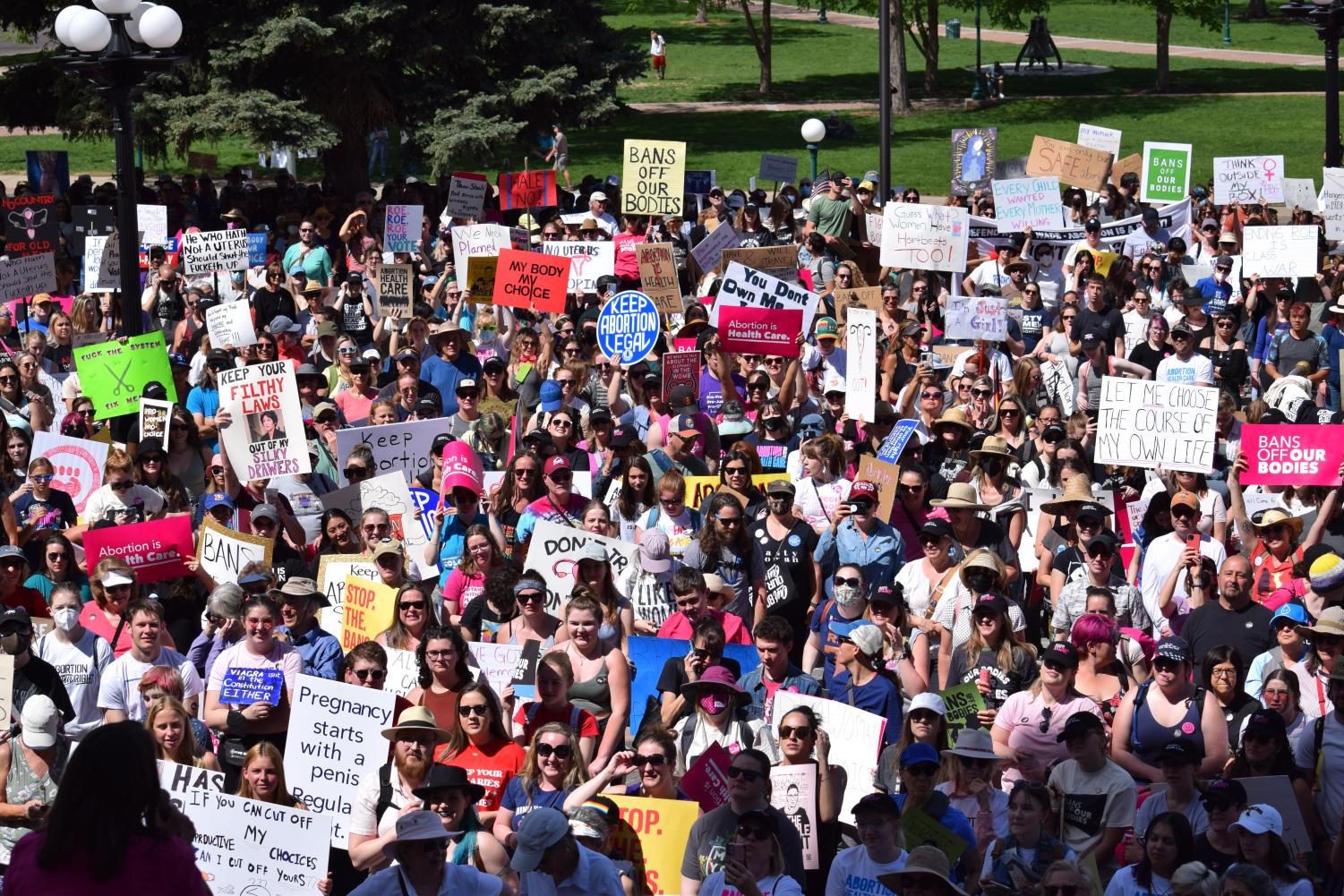
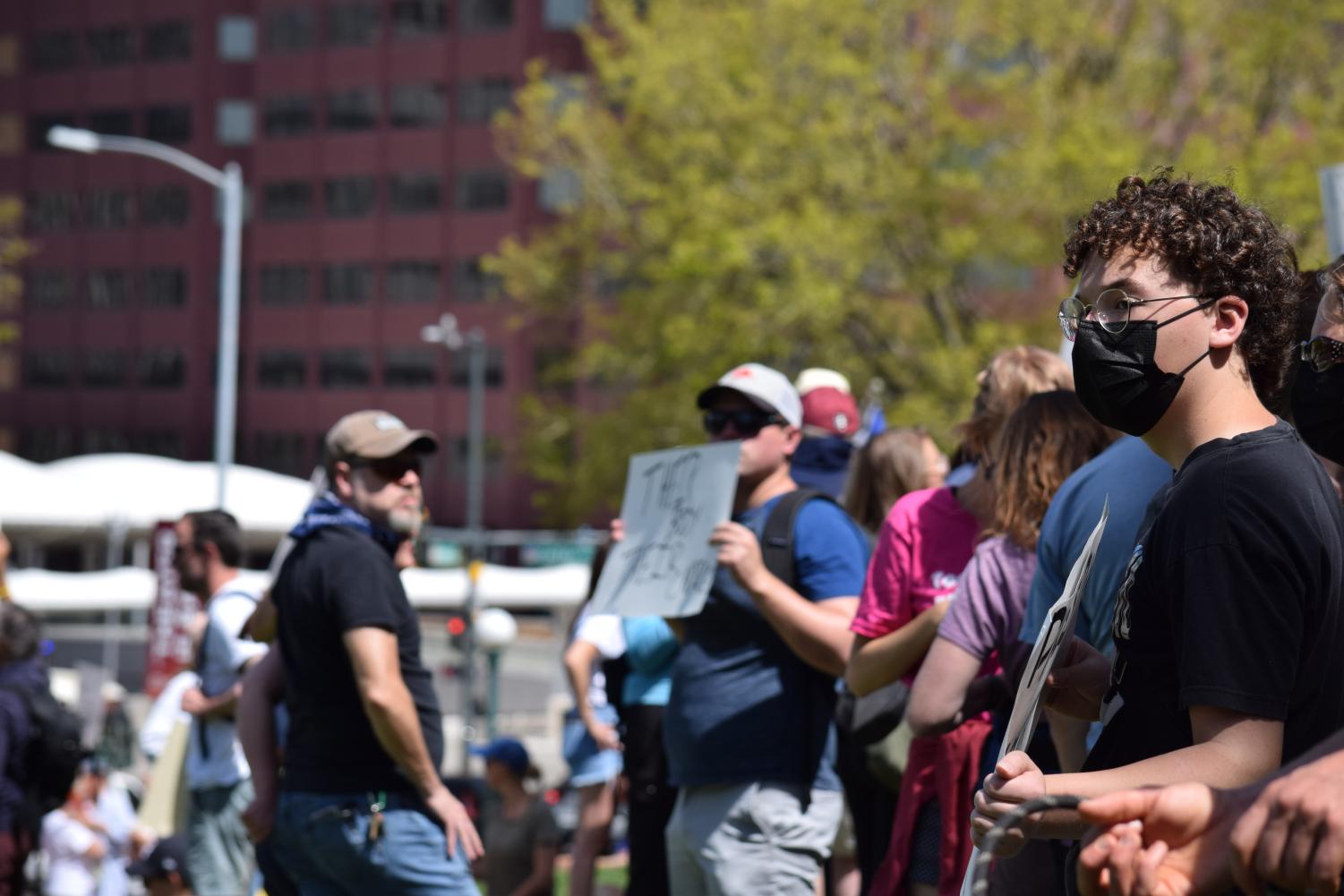
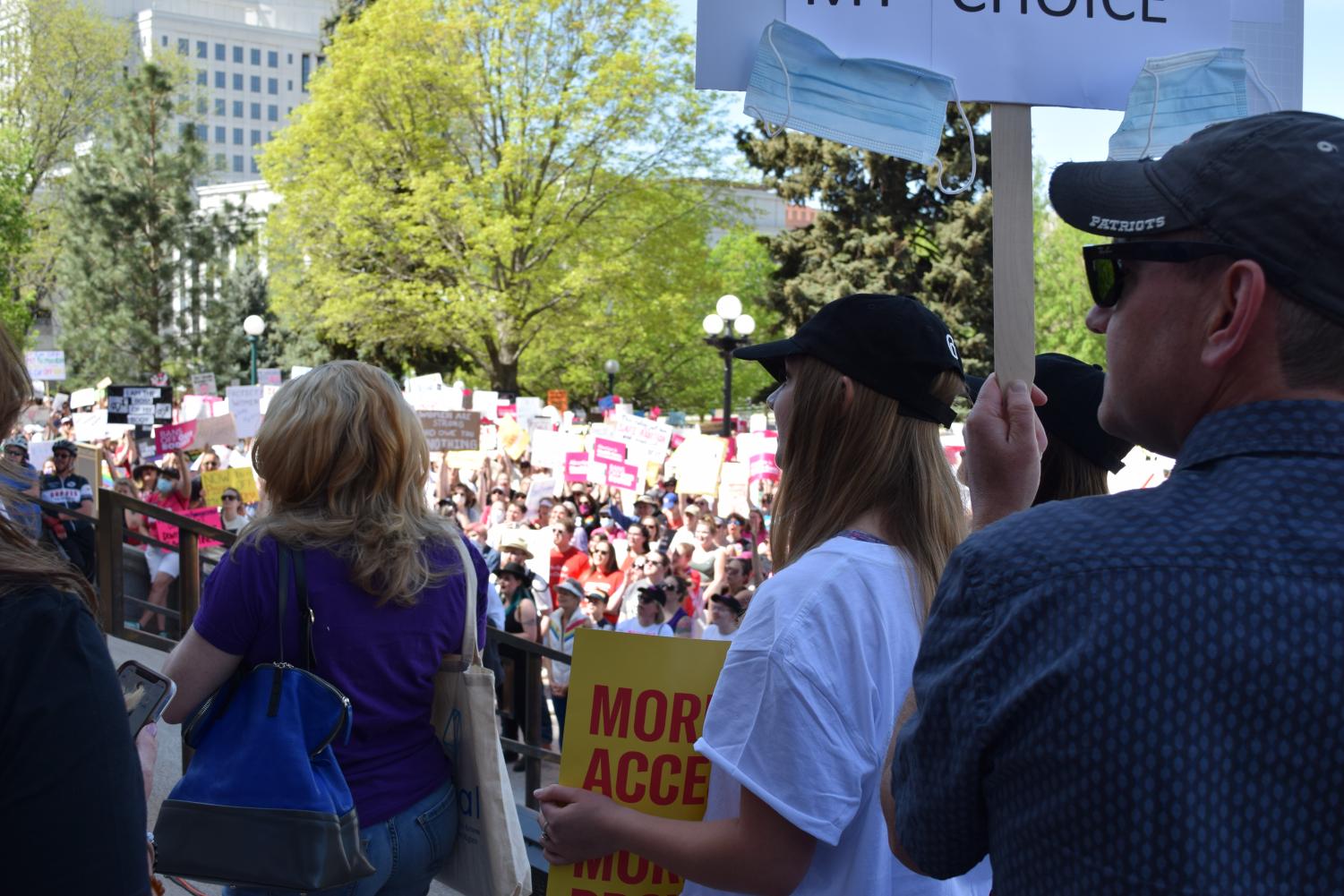
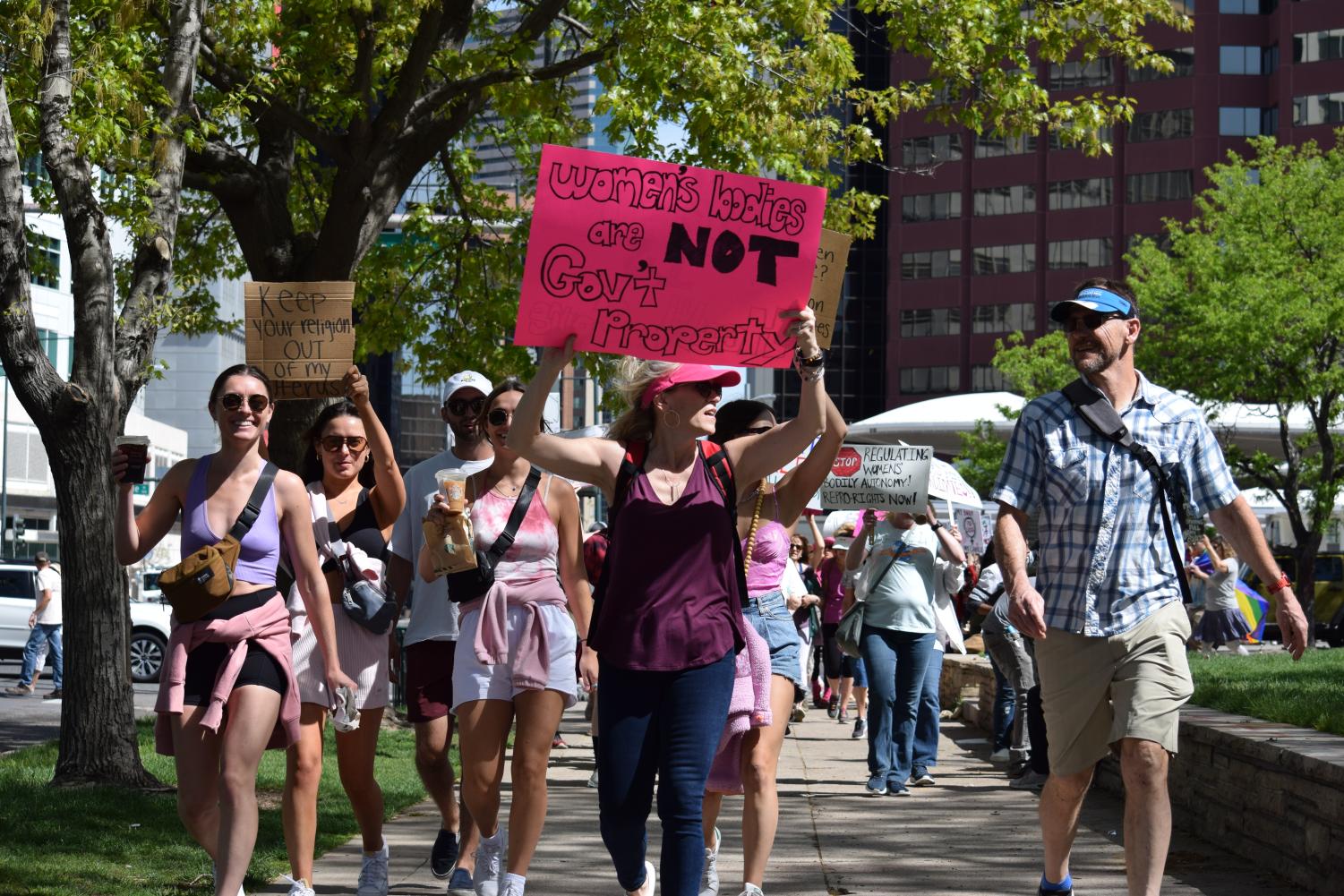
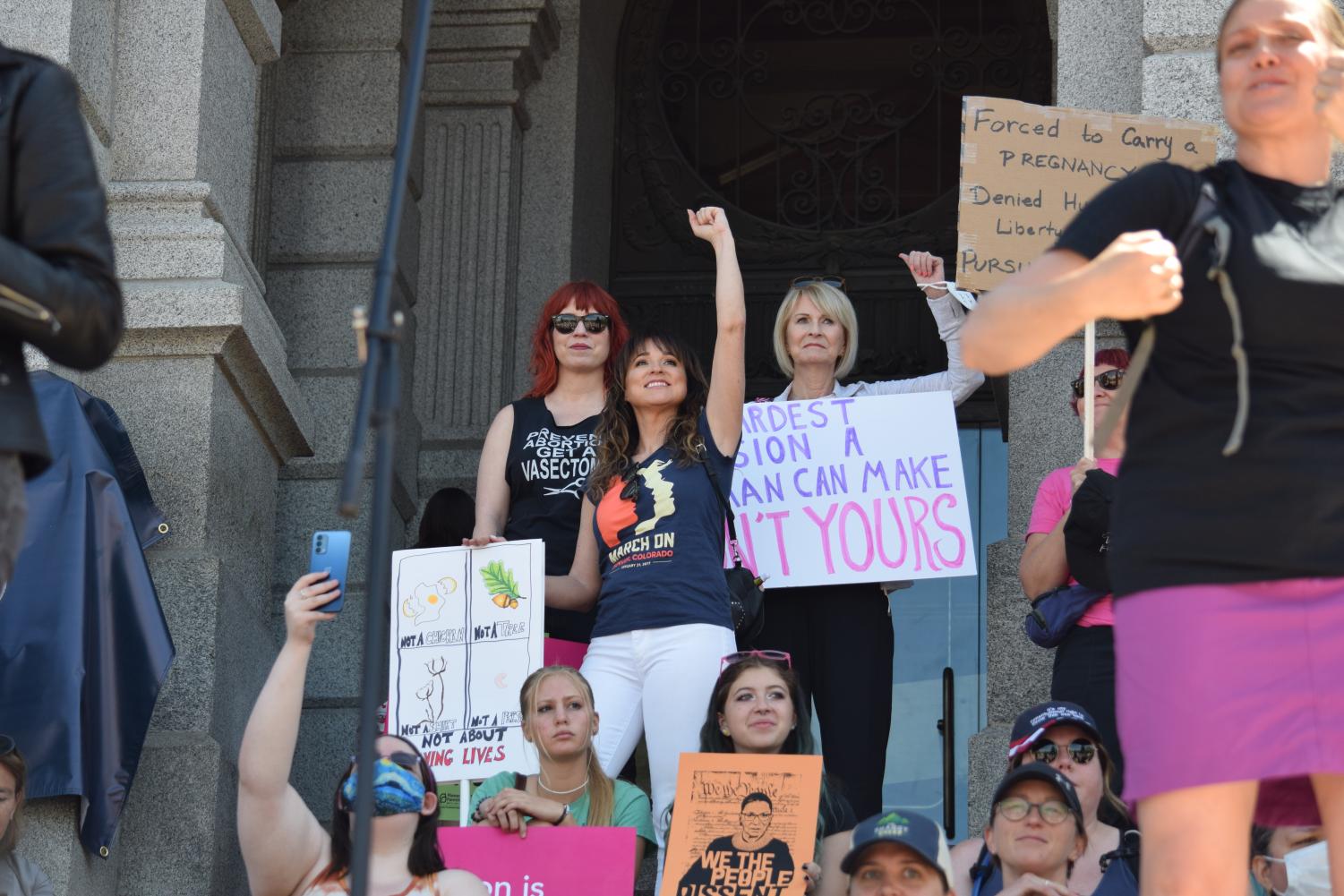
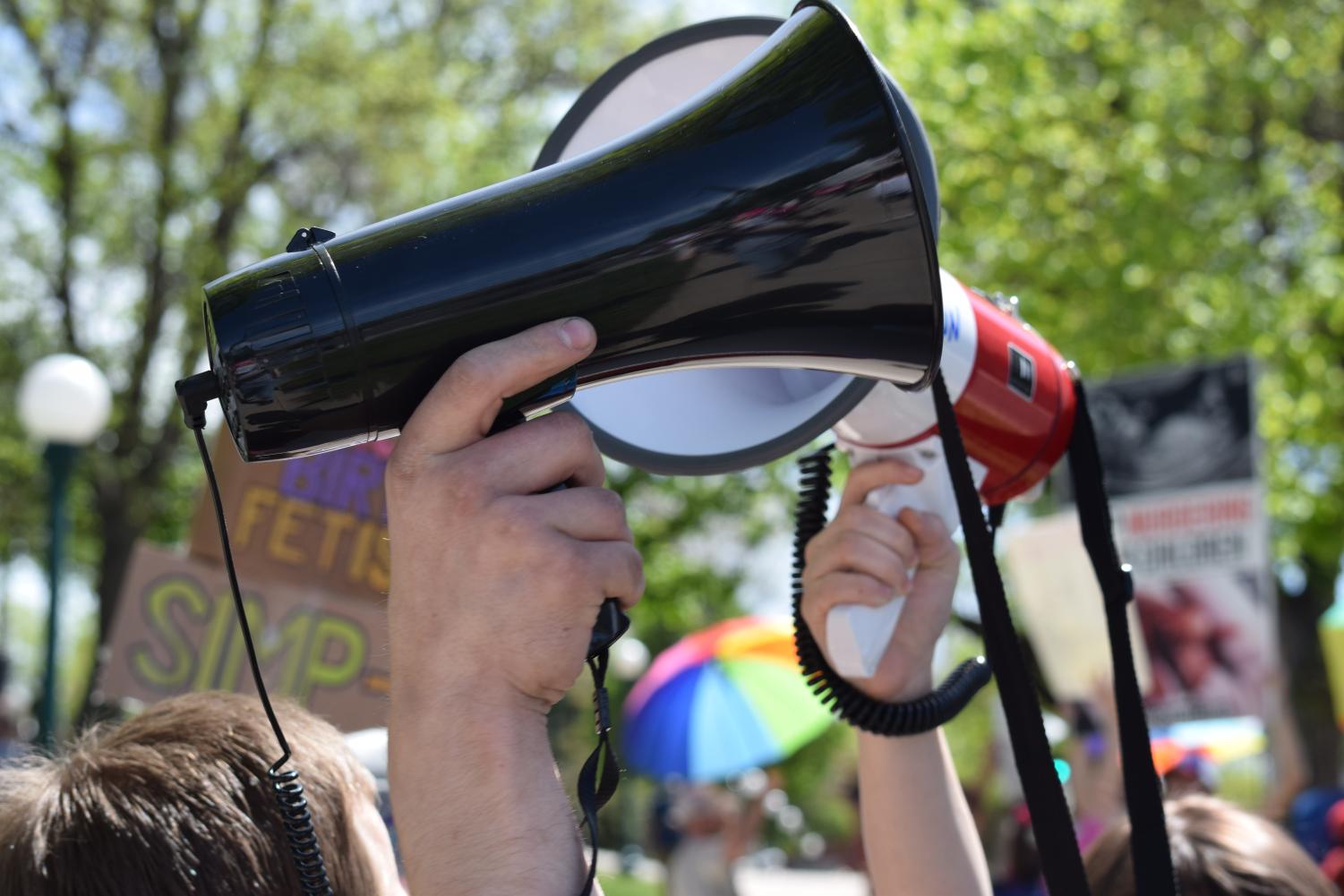
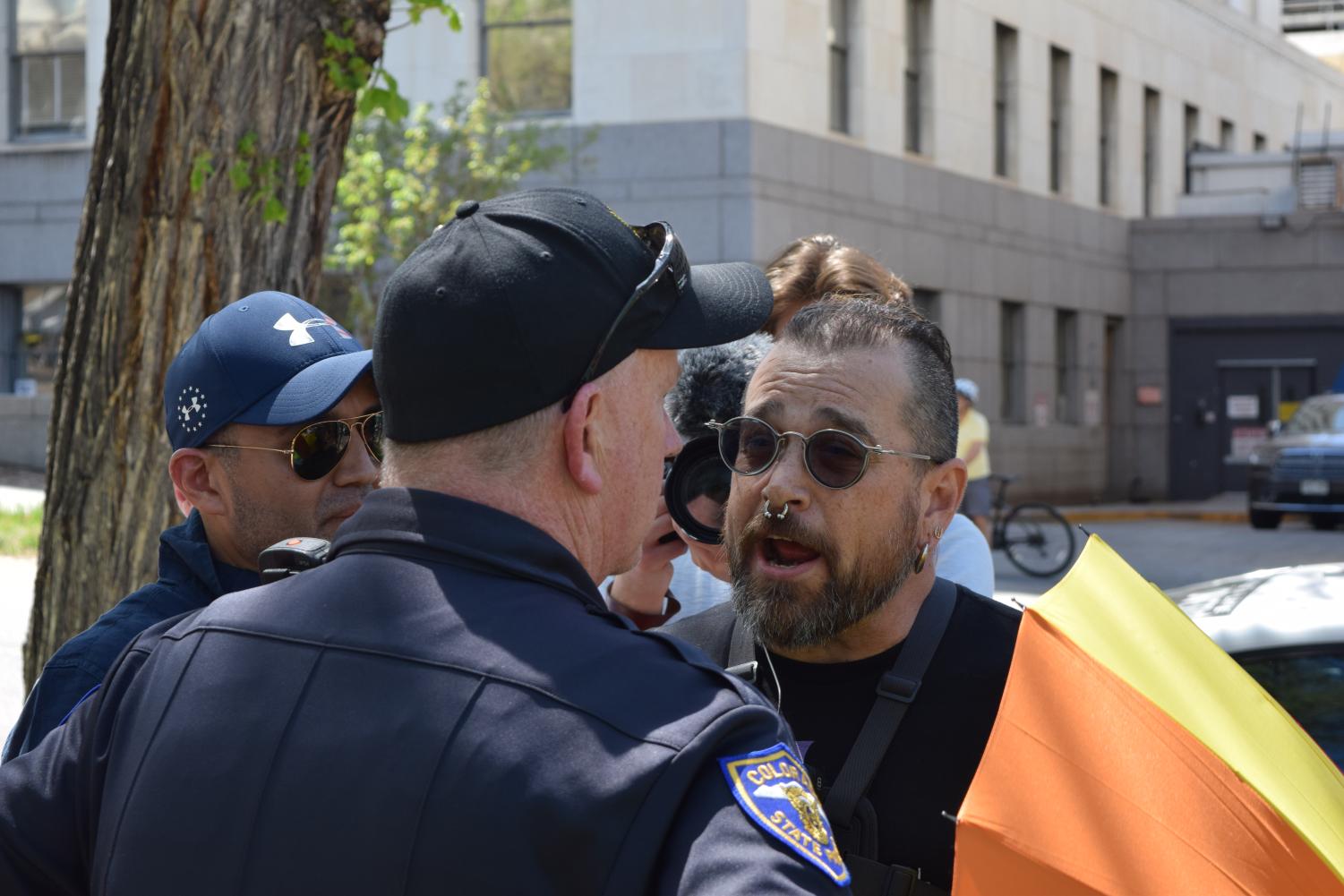
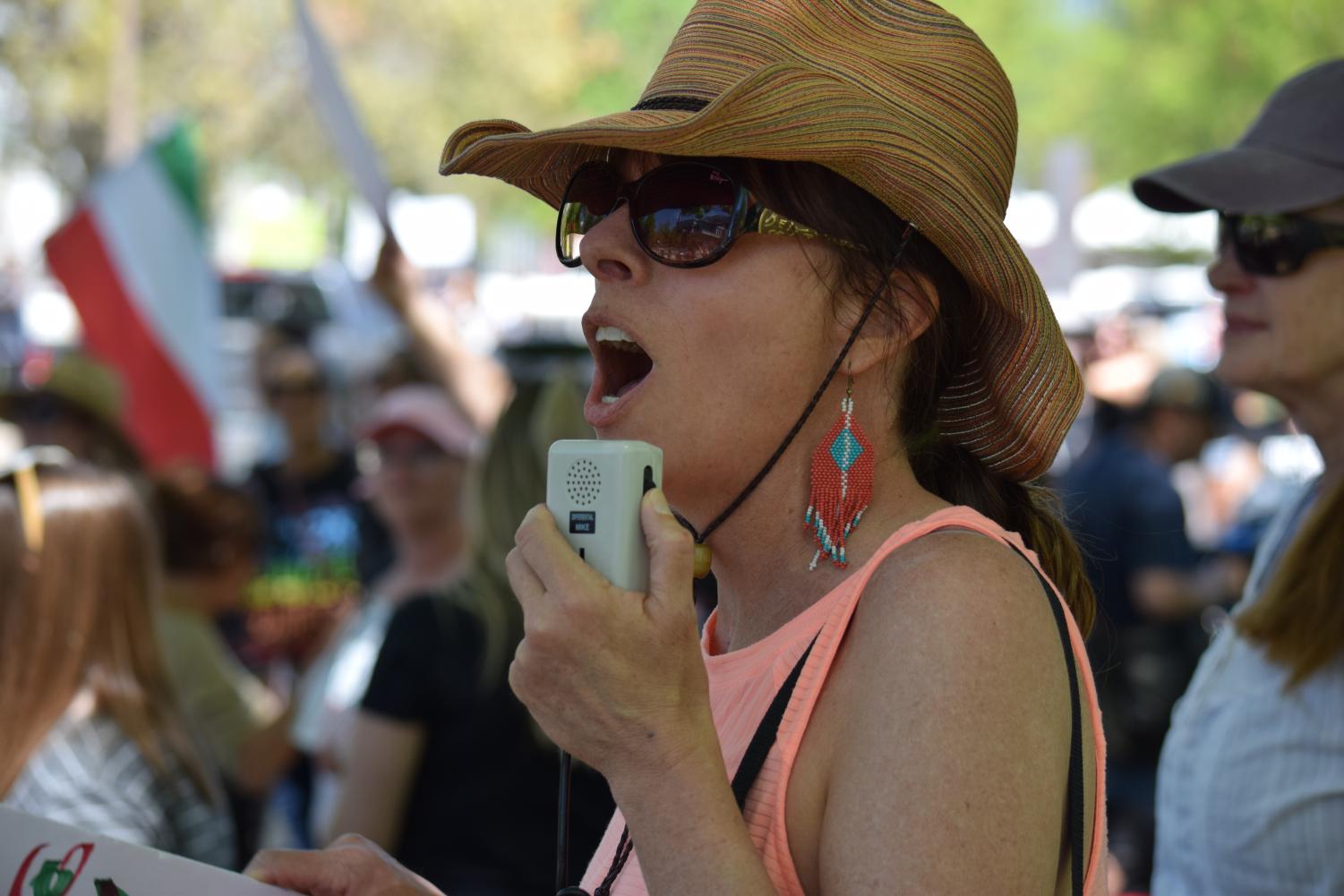
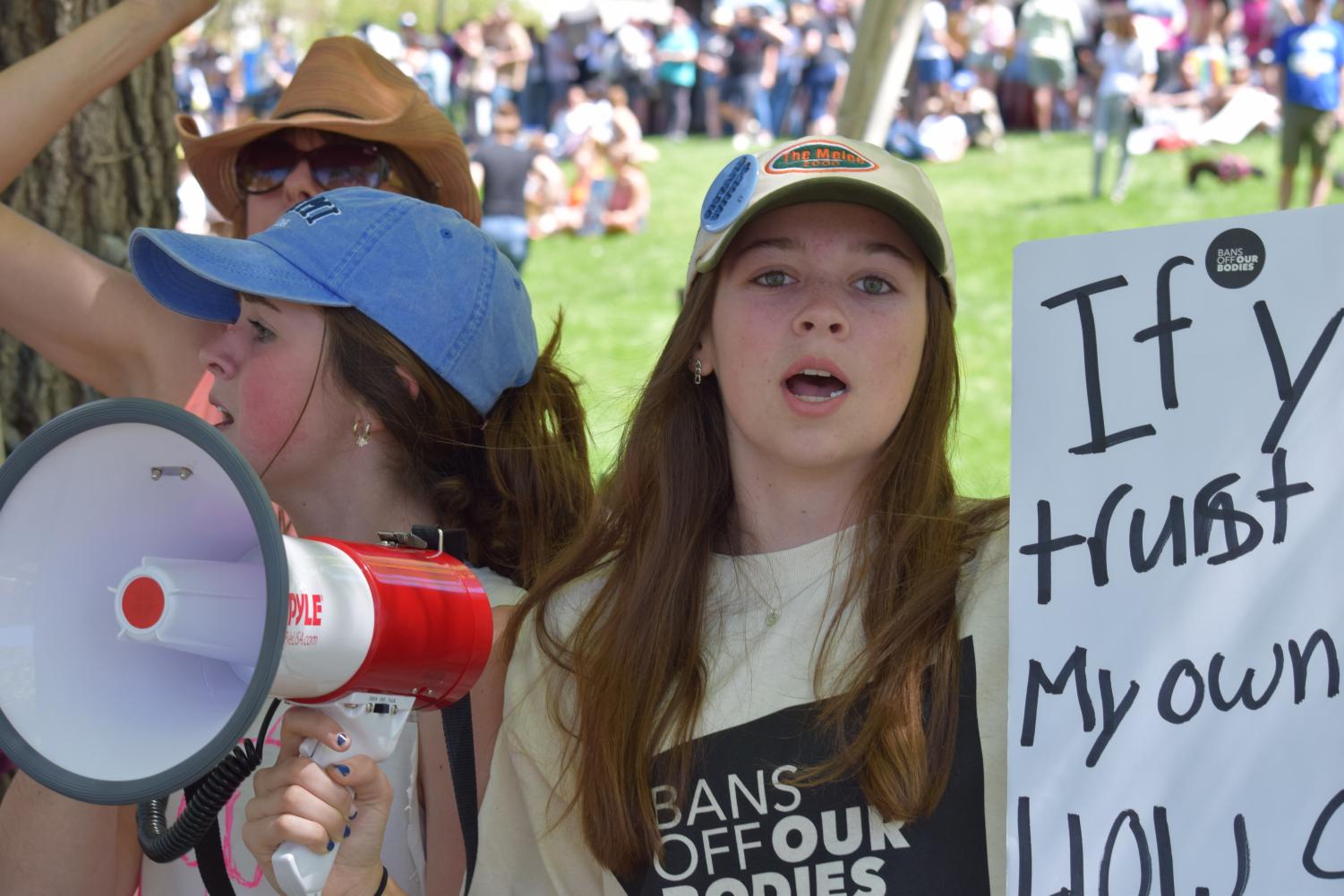
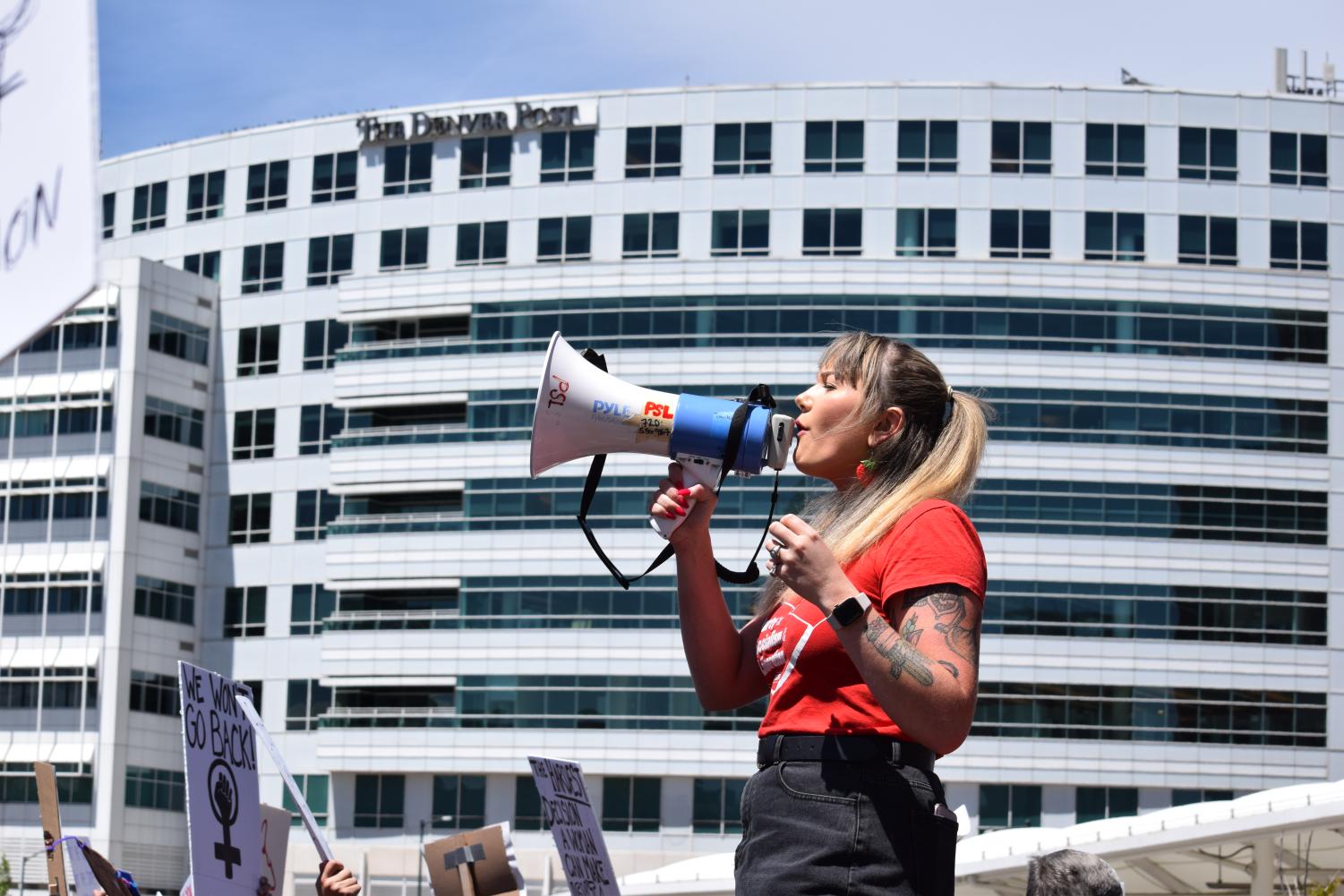
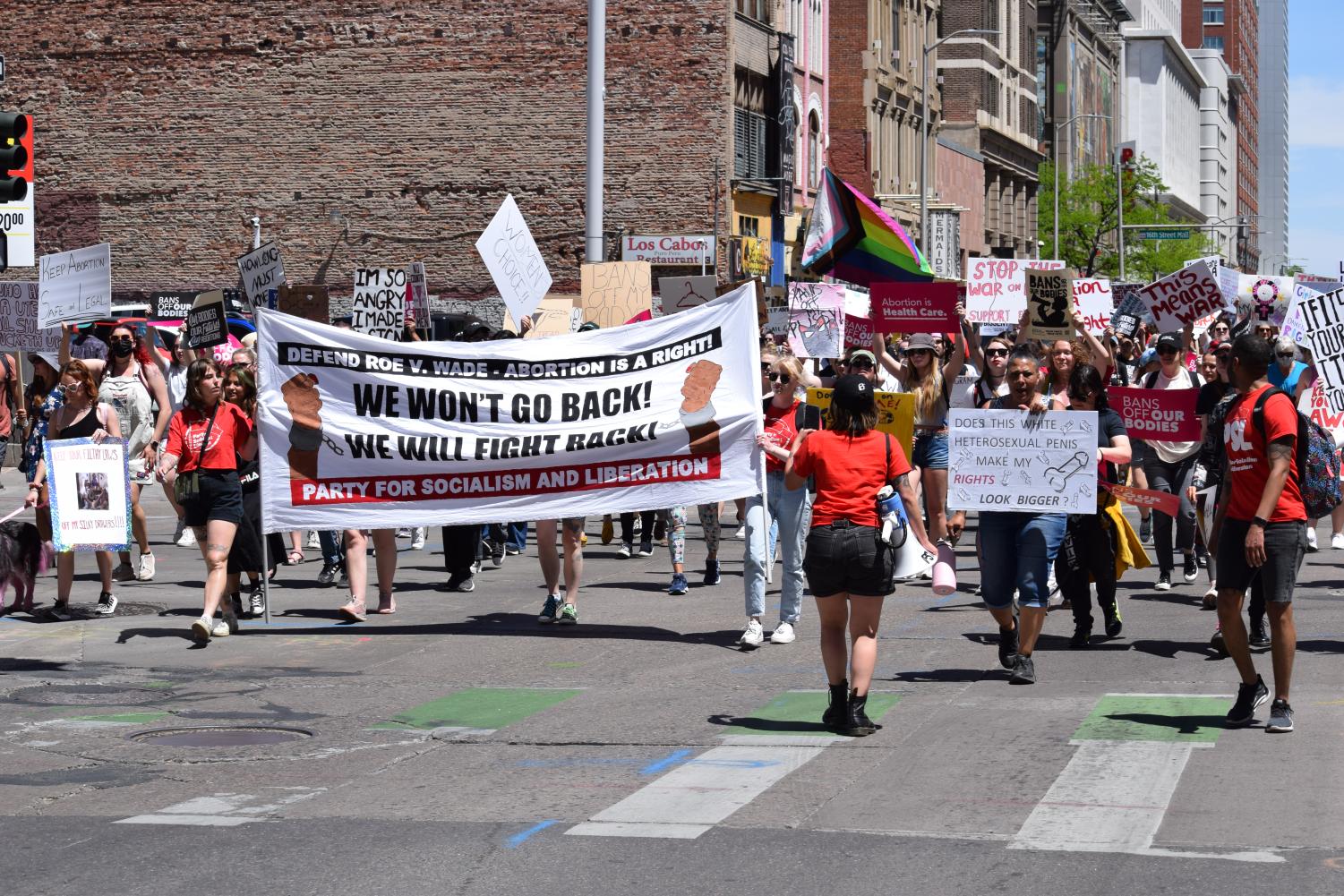
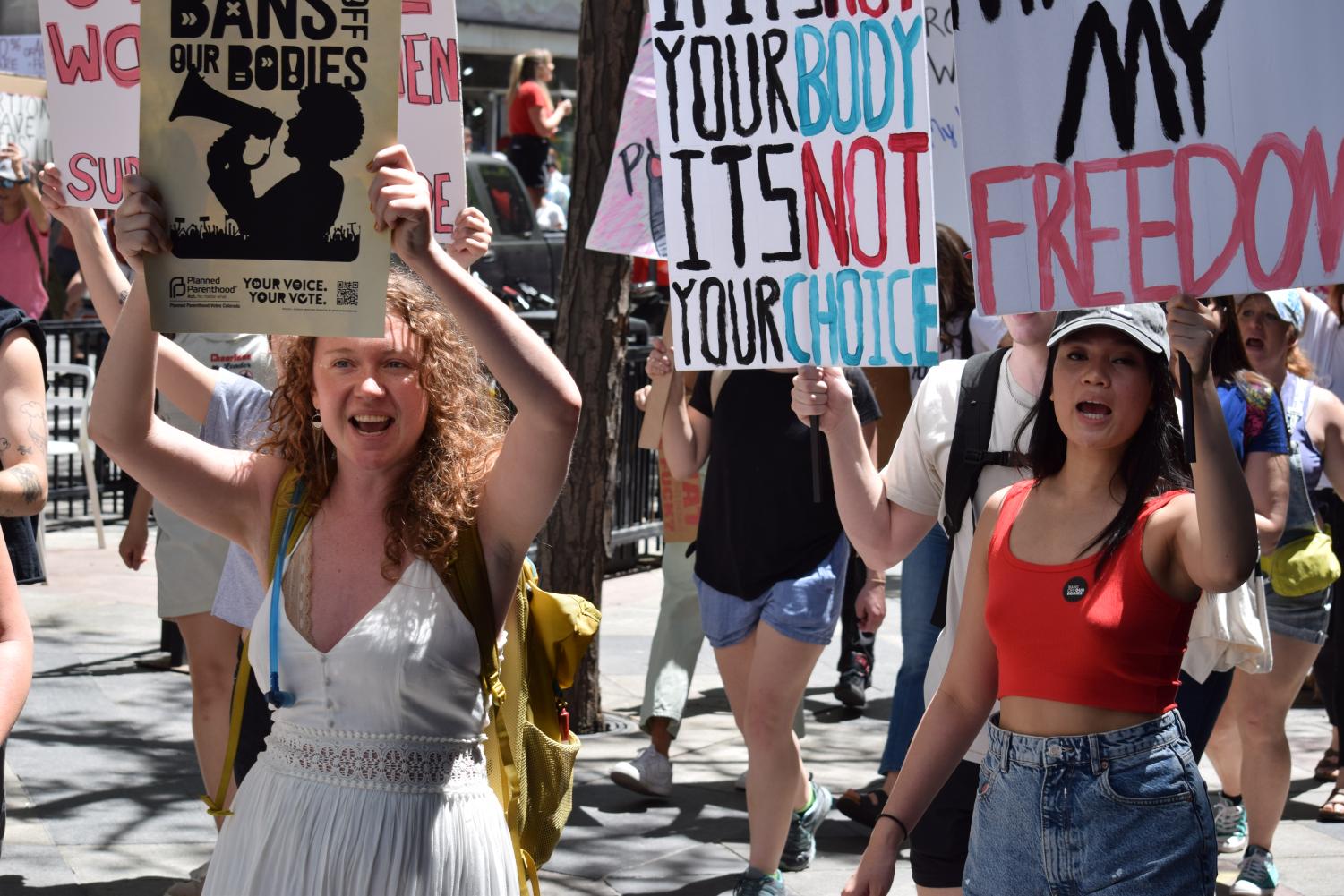
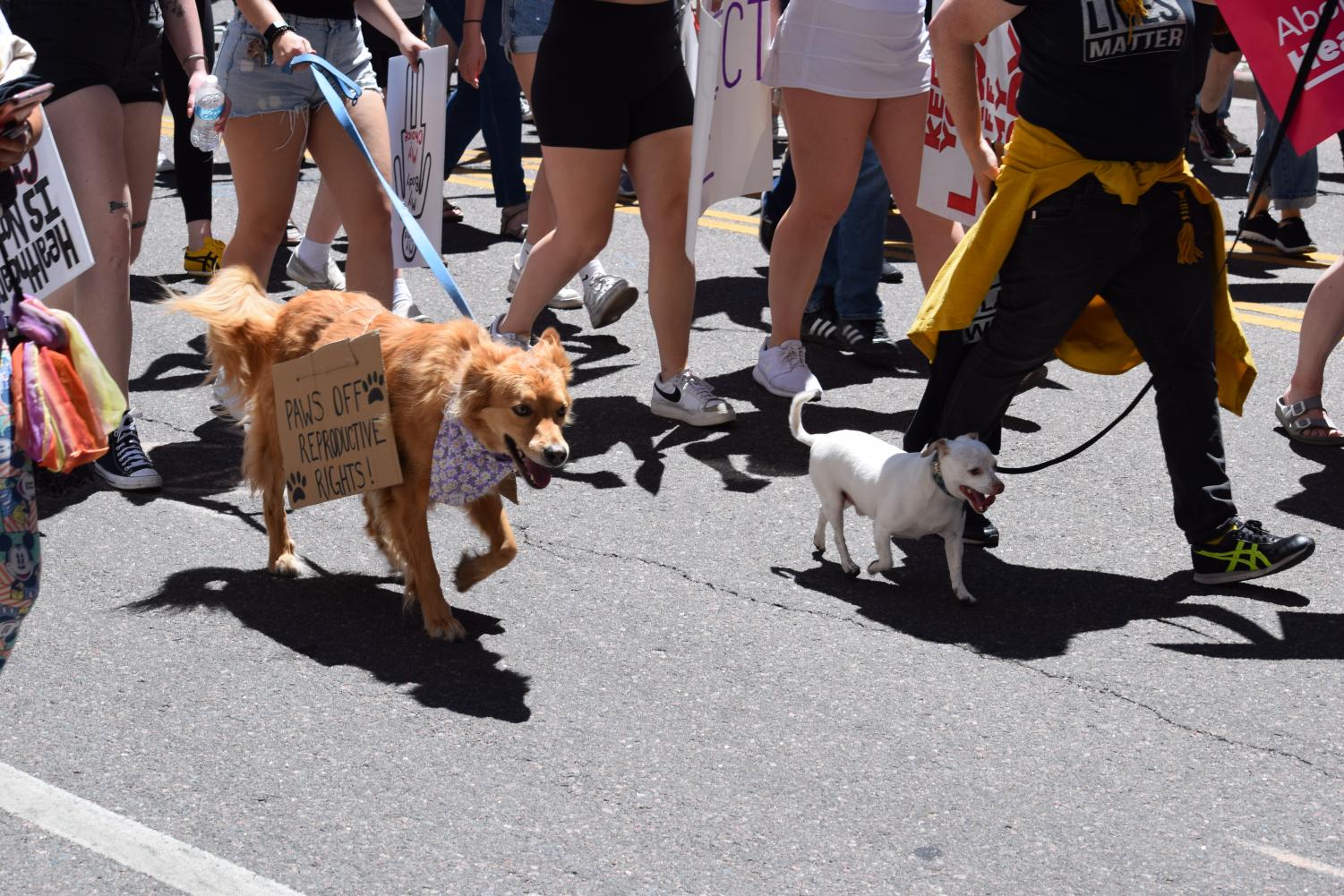
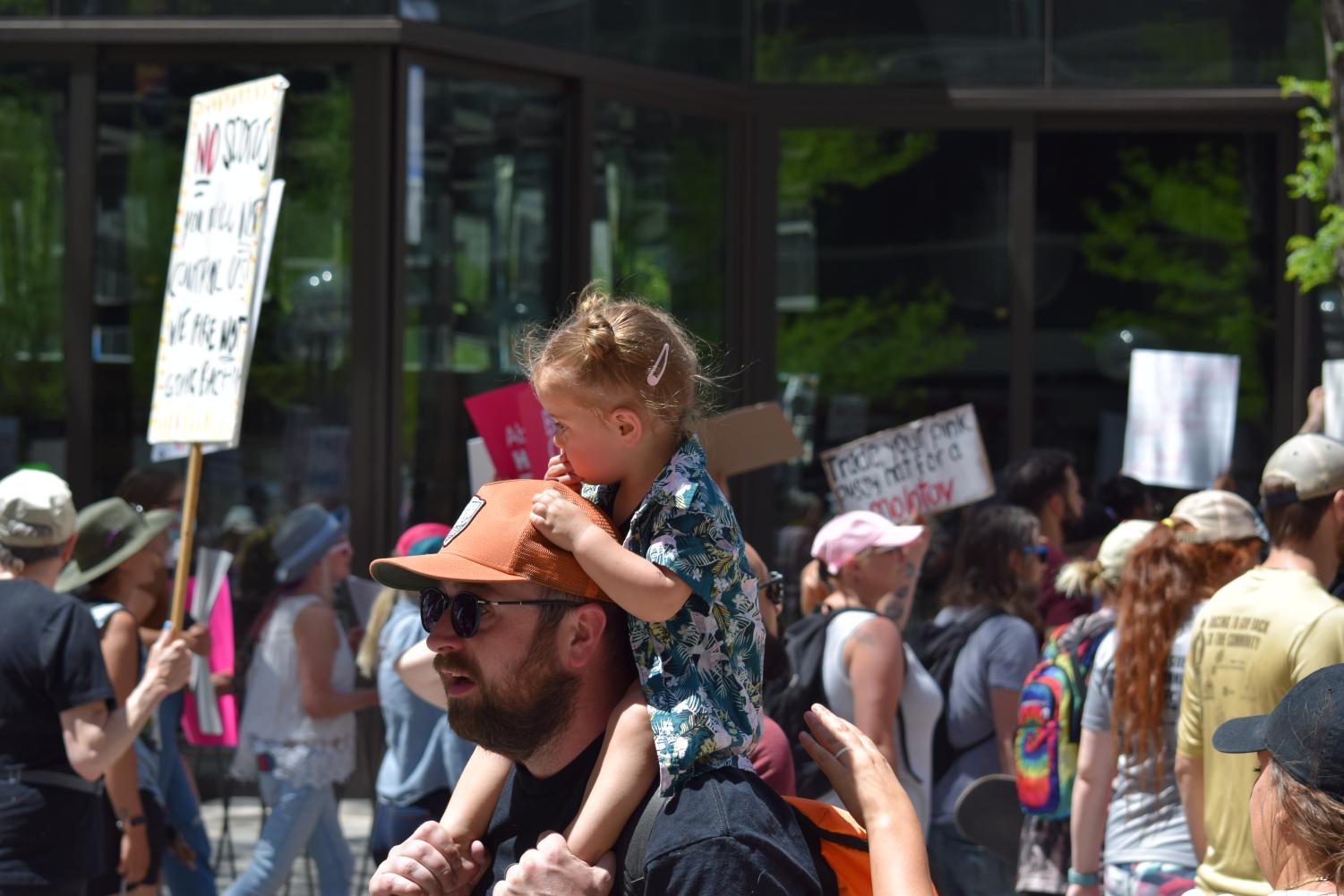
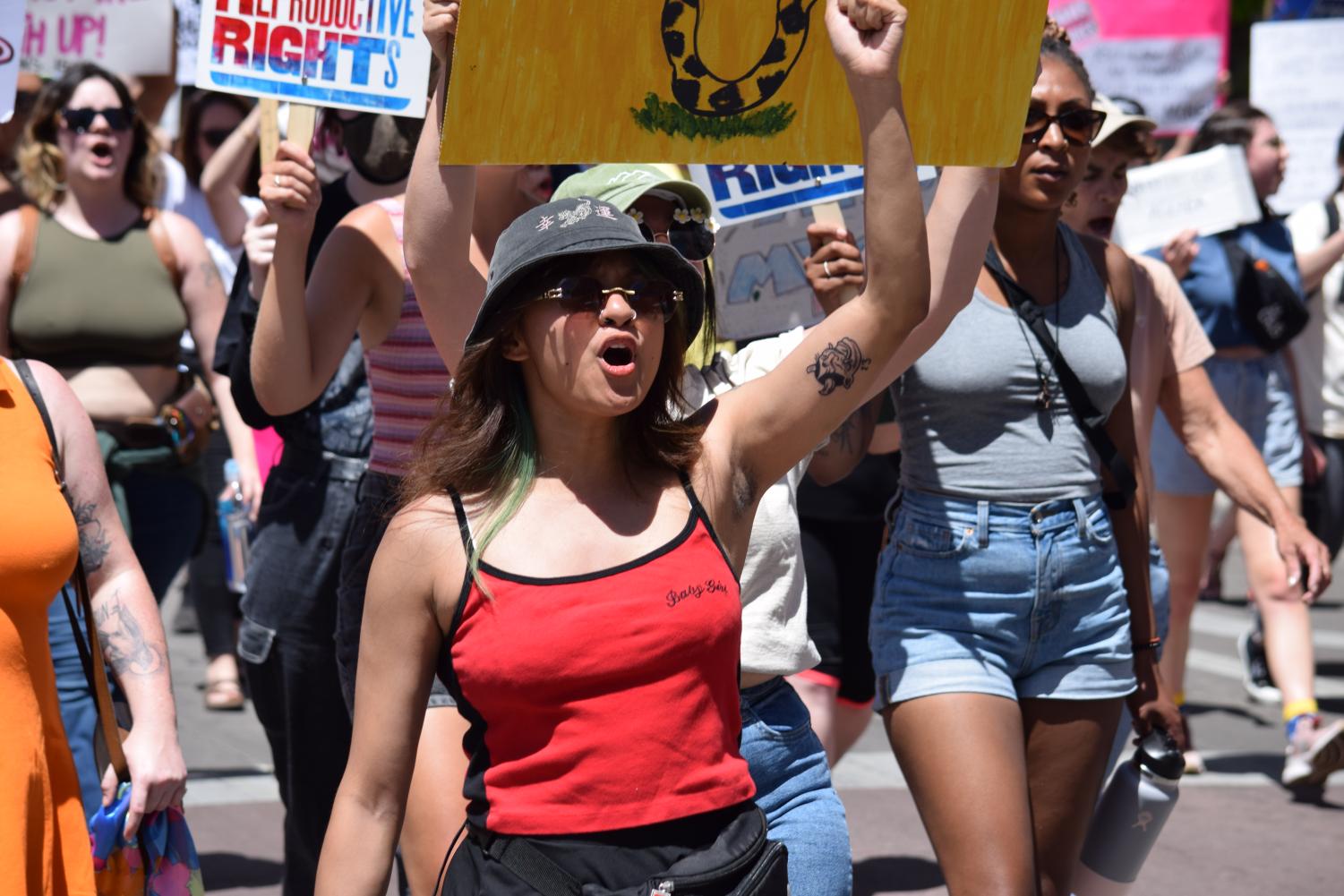
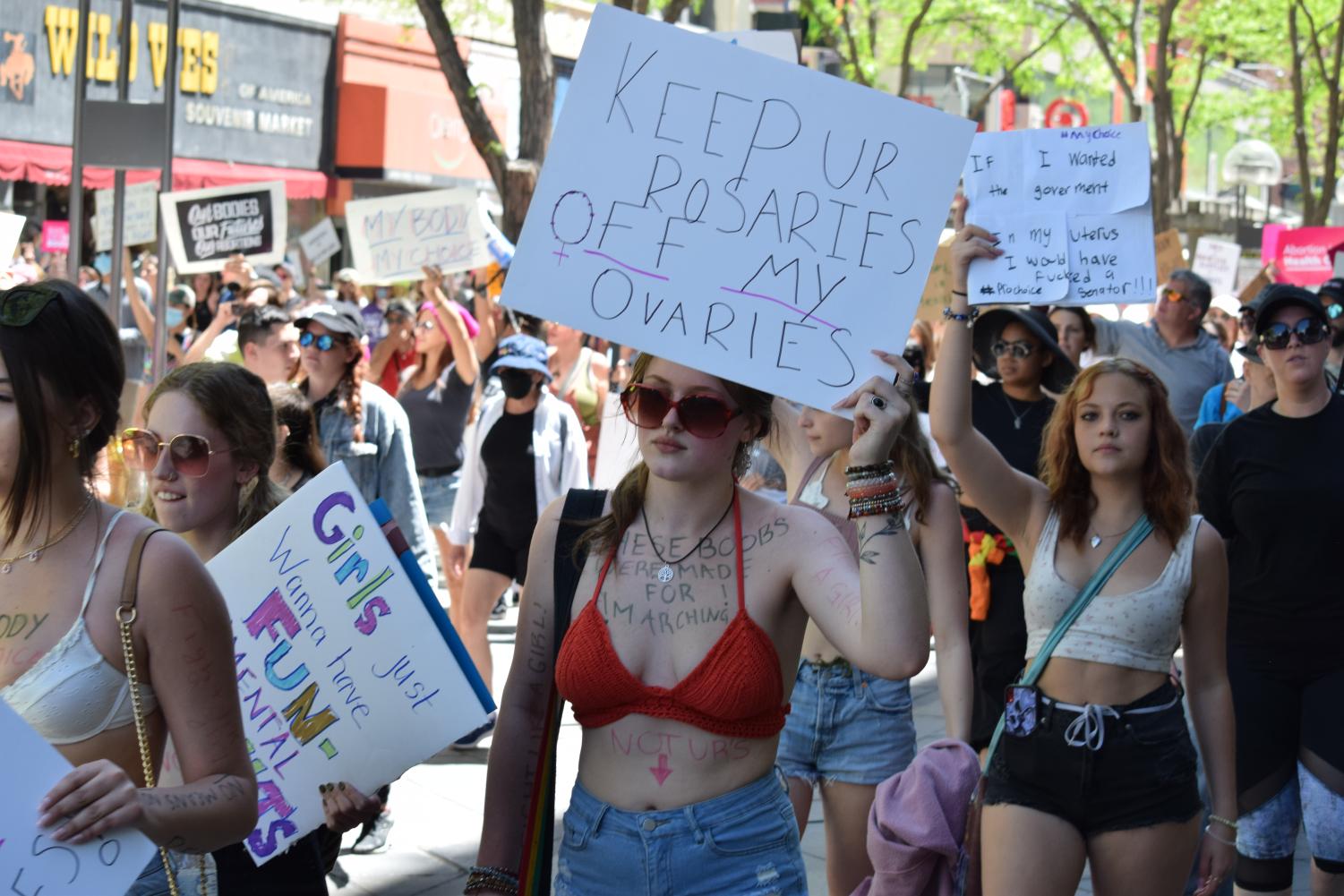
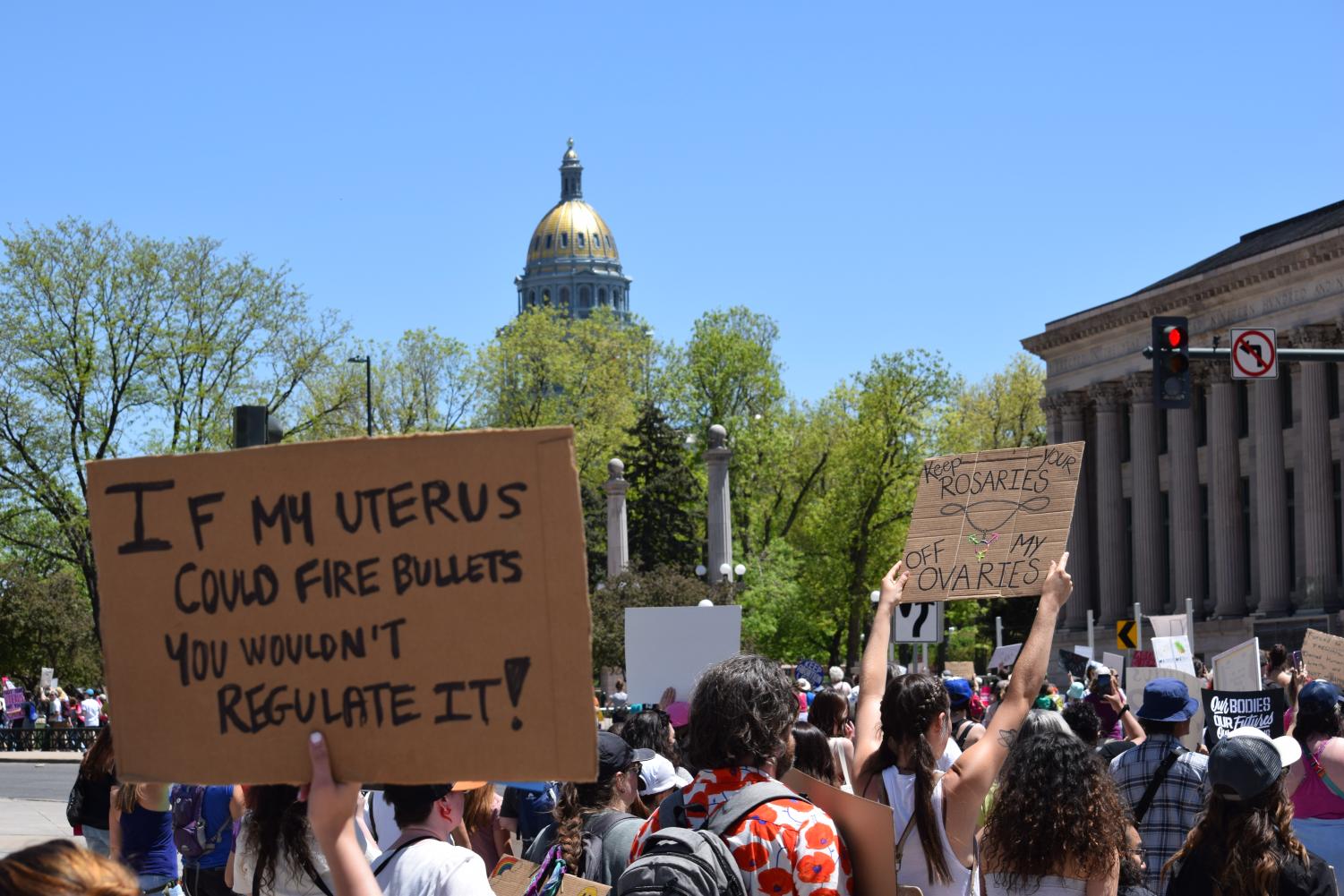
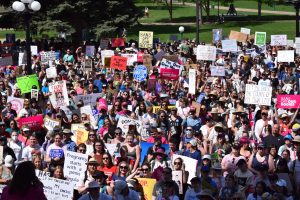
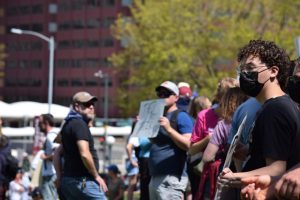
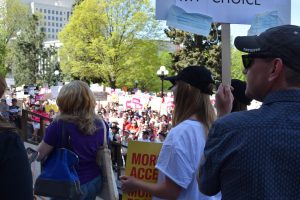
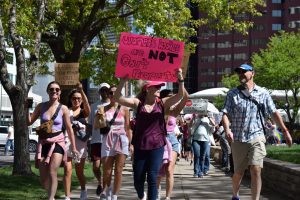
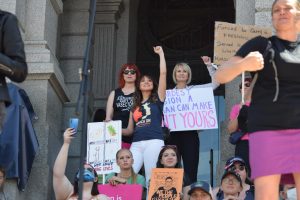
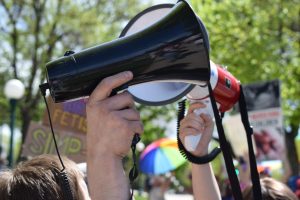

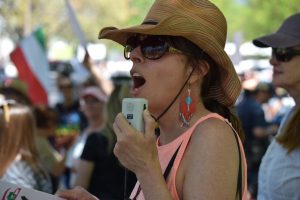
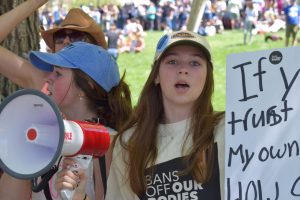
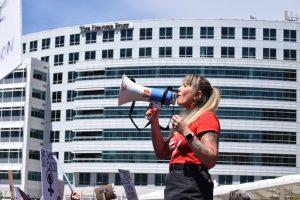
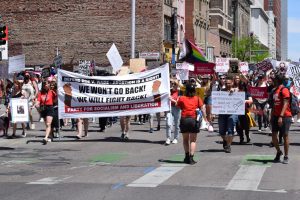
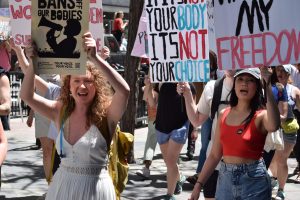

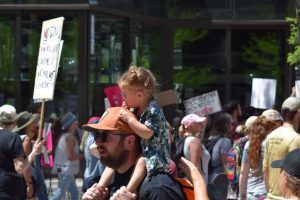
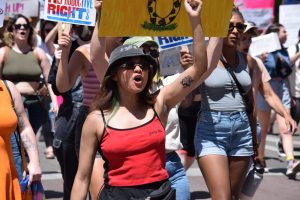
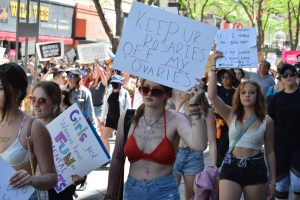
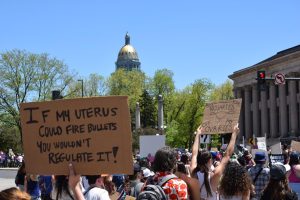
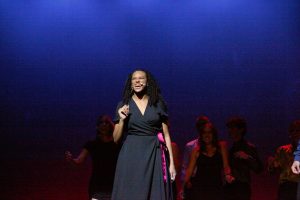
![A student fills out this year’s Student Perception Survey, which is designed to help both students and teachers. “Unless you end up having the same teacher down the road, it doesn’t really have an effect on us [students], [but] the survey does give us the chance to express our feelings and concerns that we’ve had throughout the school year,” freshman Garrett Rymer said.](https://unionstreetjournal.com/wp-content/uploads/2022/05/IMG_5272-300x225.jpg)

